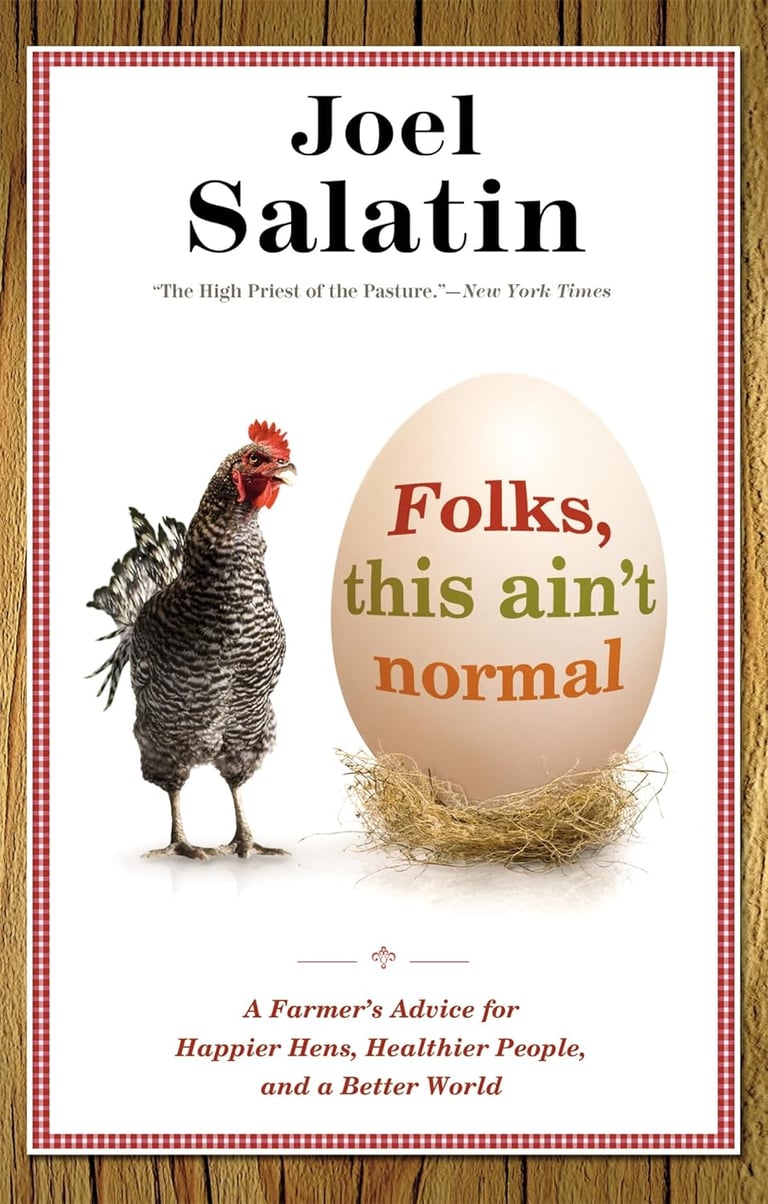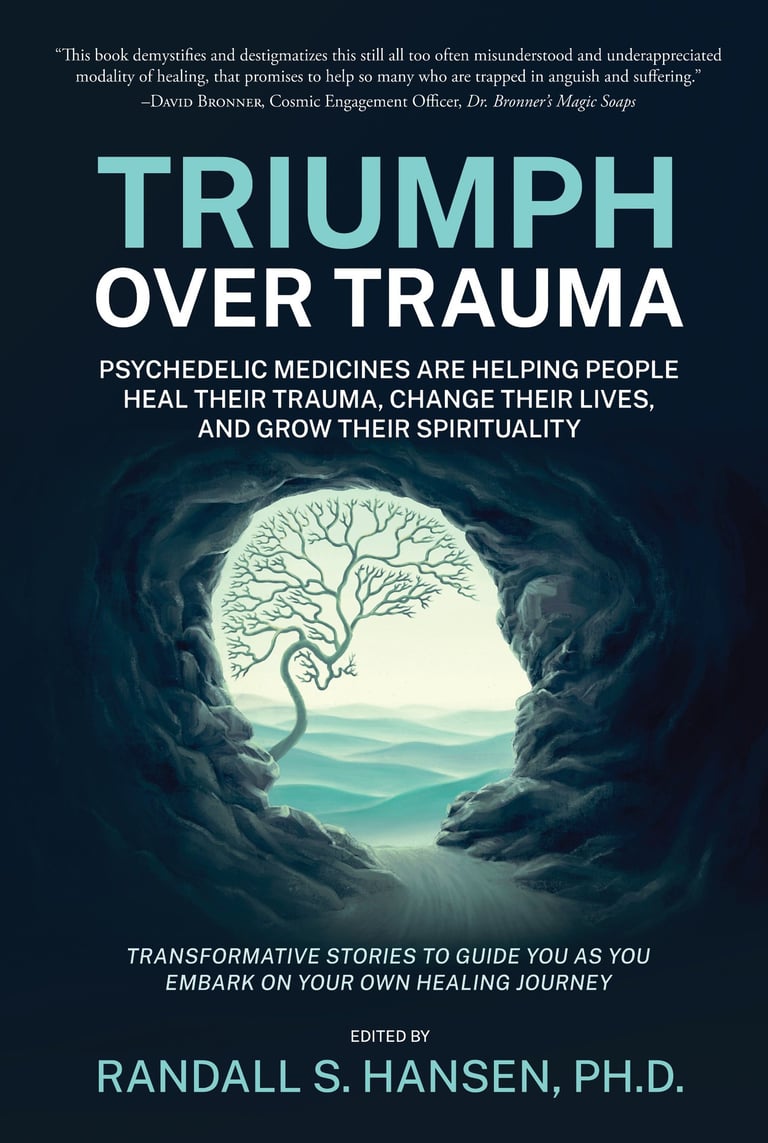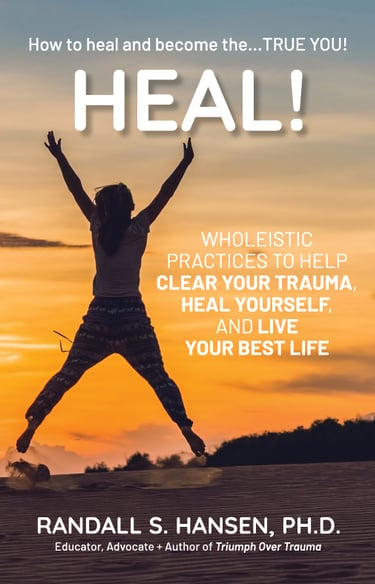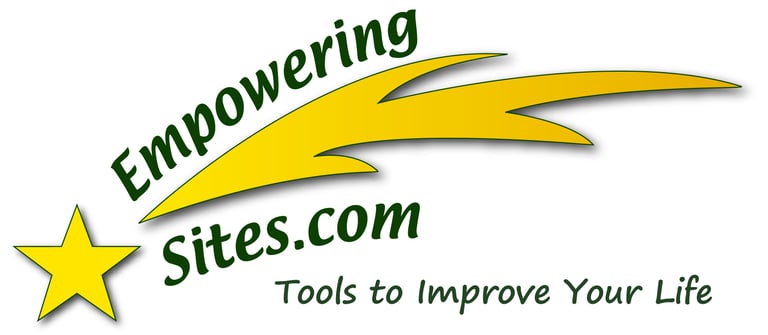A Review of Folks, This Ain’t Normal: A Farmer’s Advice for Happier Hens, Healthier People, and a Better World
Folks, This Ain't Normal: A Farmer's Advice for Happier Hens, Healthier People, and a Better World, by Joel Salatin. ISBN: 0892968206
While this book was written more than a decade ago, its simple insights into the many ways convenience has led us astray ring so true today, especially in terms of our farming and our food.
For those who don’t know the author, he is a revered farmer from Virginia who has had a huge impact on livestock management, including the power of rotational grazing and using a holistic approach to pasture and animal management. His Polyface Farm in Swoope, Virginia, in the Shenandoah Valley, is well known.
This book is meant for us, the nonfarmers, to gently (or not so gently as he is a straight-talker) inform us of what works well and what is failing and remind us of things that served our parents and grandparents so well but have since been forgotten.
One example is most people used to keep a lot of preserved foods on hand (whether canned, dried, or frozen) in their homes, but because of the convenience of superstores, the majority of us visit the store multiple times a week to refresh our supplies rather than simply going to our basement or garage to retrieve our food stuff. We saw what happened with shortages during the pandemic; hopefully, we have learned some lessons.
“As a culture, we’ve traded our backyard gardens and neighborhood farms for Chinese imports and chemicalized, fumigated, megafields susceptible to every disease known to plants and animals.” In other words, we now buy our foods from unknown and distant producers who only care about sales and yield.
Like me, he is a vociferous proponent of everyone growing at least some of their own food. He believes everyone, especially our children, benefits immensely from gardening – from appreciating the soil (and soil organisms) to celebrating the harvest. We need more gardens and fewer lawns. He also thinks people should have chickens, especially for the fresh eggs, but also to simply get us closer to our food.
He adds, “children’s laboring in gardens is both attitudinally and physically positive. Weeding the beans and picking cucumbers should be seen as part of a healthy child development program.”
He laments the massive amount of “wasted” agricultural lands that could be used for farming, including 35 million acres of lawn, 36 million acres for pastures for recreational horses, and millions of acres for golf courses. He adds, “if we poked edible landscaping everywhere it could be poked, we’d grow so much food we couldn’t eat it all.”
Salatin also spends a fair amount of time on the waste involved with the amount of food that is thrown away to landfills and the amount of “cheap” fuel used to transport foods raised thousands of miles from where they were raised. He also dives deeply into the biohazards and problems with huge animal feedlots, technically known as Concentrated Animal Feeding Operations (CAFOs).
In terms of the ultra-processed foods found in our grocery stores, he states: “by creating unnatural taste, texture, and keepability that is beyond our kitchens’ reach, the industrial food system creates an infrastructure and foreign substances that assault both our intuitive sense of normality and our inner bacterial [gut microbiome] community,” adding, “creating food out of things that can’t be made in a home kitchen sends confusion into our physical being while sending confusion into our mental being.”
“Food does not have to be adulterated and prostituted. Food does not have to be veiled in scientific jargon. Food, this most common of substances, the one thing none of us can do without, should be understandable, pronounceable, and doable for every person.”
The book is truly a tour de force on what is wrong in American culture, especially as it relates to farming and food. He states, “our nation can only be as physically healthy as the vibrancy of its household kitchens,” adding: “nobody is as interested in your health as you should be.”
Salatin does not hold back on his opinions, most of which I completely support, including: “I believe that America’s food companies, for all their advertising to the contrary, could not care less about health. The be-all and end-all is about taste manipulation, shelf life, and cheaper product. Cheaper usually means you take out the good stuff and substitute it with junk.”
And we need to invest more money into quality foods. “The percentage of American per capita income spent on food is the lowest of any country in the world. This historic low just ain’t normal,” Salatin writes.
He adds a warning for all of us: “No civilization can be healthier than the life energy in the food it eats. And even more fundamentally, no society can be economically or ecologically healthier than the soil on which it depends. A bankrupt soil policy will naturally create a bankrupt food system will inevitably create a bankrupt health reality. No nation can be healthier than its soil-food life.”
One final note, which I wholeheartedly support: “If you made a list of resources Americans take for granted, the top spot would go to water.” Water is essential for all life and yet we build homes and farms in deserts that need to use water diverted from other areas and we mostly ignore all the water we could be catching from rainfall.
Finally, at the end of each chapter, he offers suggestions for readers. Here are my favorites:
Find, patronize, and spend time on local farms, getting to know your neighbors, learning more about what goes into producing the foods, and supporting locally grown food. Start with meeting your farmers at your local farmers market.
Focus on eating locally grown, seasonal foods; most of the foods in your grocery store actually originate far from your location.
Grow as much food as you can. Get involved in gardening and growing some of your own food, whether at home, school, or via a community garden. Imagine college campuses with edible landscaping.
Use your kitchen. Cook much more from scratch, completely from unprocessed food. Try making your own applesauce or mayonnaise from scratch; find easy recipes. Make big batches for dinners so there are leftovers for lunches, other meals.
Preserve some of your own food; start with one food and go from there.
Buy a big freezer (for the basement or garage) so you can buy meat in bulk.
Eat more grassfed beef and less chicken and pork, but all should be pasture-raised. Do not patronize meats, poultry, or dairy from CAFOs.
Take a fast food sabbatical.
Stop buying processed foods with ingredients you can’t pronounce. Also stop buying genetically-modified (GMO) foods.
Turn off the television (and social media) and have reading nights at least once a week.
Find ways to compose your food waste so it doesn’t all end up in the local landfill. (Note: the United States discards more food than any other country in the world: nearly 60 million tons or 120 billion pounds annually. That waste is estimated to be almost 40 percent of the entire U.S. food supply.)
Look at your household expenditures and see what is unnecessary (and we all have unnecessary items, such as excess electronics, enormous televisions, alcohol, tobacco, etc.). Add that amount to your food budget.
Take charge of your own health and wellness. Stop relying on the government to tell you what is good or healthy. Do your own research and make your own decisions.
Dr. Randall Hansen is an evangelist, educator, and thought-leader... helping the world heal from past trauma and the poor food system. He is founder and CEO of EmpoweringSites.com, a network of empowering and transformative Websites, including EmpoweringAdvice.com.
He is the author of the groundbreaking Triumph Over Trauma: Psychedelic Medicines are Helping People Heal Their Trauma, Change Their Lives, and Grow Their Spirituality and the well-received HEAL! Wholeistic Practices to Help Clear Your Trauma, Heal Yourself, and Live Your Best Life.
The third book in the Wholeistic Healing Trilogy is the game-changing The HEALing Revolution Diet: A Science-based Approach to Heal Your Gut, Reverse Chronic Illnesses, Lose Weight, Clear Your Mind, and Increase Longevity.
Dr. Hansen's focus and advocacy center around true health and healing journeys that results in being able to live an authentic life filled with peace, joy, love. Learn more by visiting his personal Website, RandallSHansen.com. You can also check out Dr. Randall Hansen on LinkedIn.








